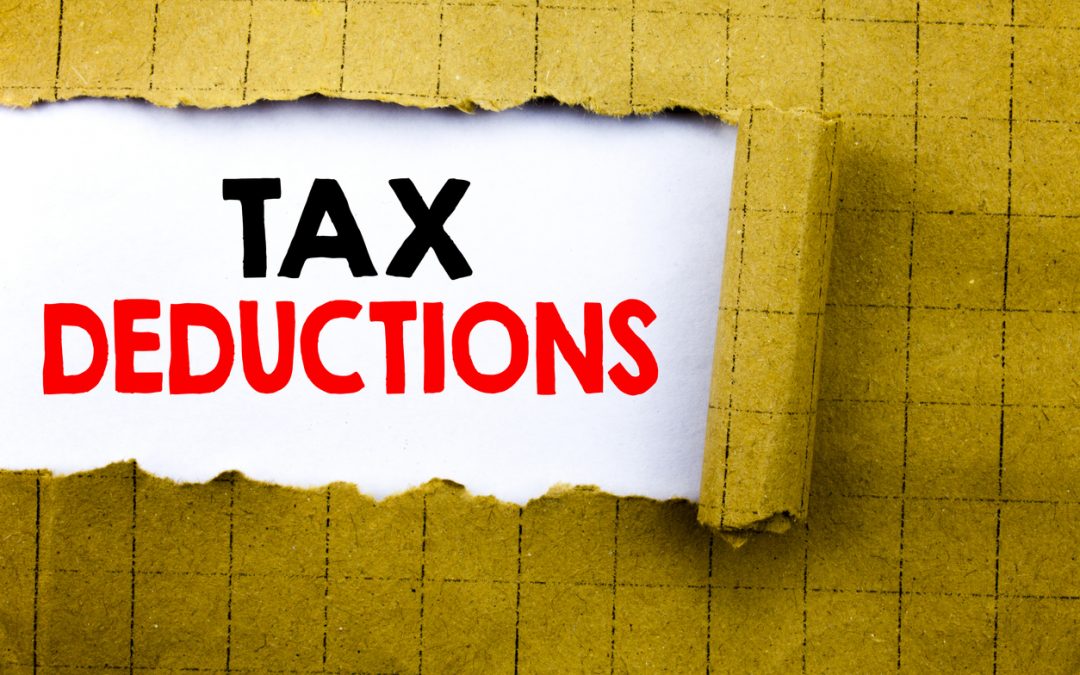A tax-deductible debt means that the Australian Tax Office will allow you to claim back some of the interest cost because the purchase was either to help produce income and/or for business purposes. Essentially, a tax-deductible debt helps you reduce your tax bill, and could help increase your tax refund. All of that has got to be good, right?
Believing a statement using blind faith can stop you from looking at the maths and slow you down in achieving your goals.
Investment and business debt can range from say 6.0 per cent for a residential investment property to 15 per cent for a used car for business, and could sometimes be higher, especially if you are using a credit card.
On the surface, by looking at interest rates, you can see that borrowing for investment purposes using a residential property as capital is going to be fairly cost effective. The tax deductibility lowers the actual interest rate because you will get some of it back through reduced taxes.
However, if you are paying interest at 15 per cent even with the tax deduction, you would want to get an extra good return or value from that purchase. If not, it is clearly costing you an awful lot, despite the tax deduction. It could be slowing you down from achieving your goals.
So just because a debt is tax deductible, it is not safe to assume that it is good for you to have or worthwhile. Tax deductible debt can be very expensive and can hinder your ability to achieve your goals. Ensure you always do the maths, consider your options and identify clearly what you are trying to achieve and why.
Actions you could take – Sometimes the your whole personal and financial position is not taken into account for one reason or another and it is a fact of life that our personal and financial position changes. Therefore, you should:
- Always challenge commonly used statements about money and financials to ensure they suit your personal and business circumstances. Just because it is right for some else doesn’t mean it is correct for you.
- Review loans regularly and check with your lender and/or Mortgage Broker for what options you have and/or what could be improved
- Check in with your Accountant and/or Financial Planner to ensure you have looked at all the possibilities and completed reasonable assessments to ensure you are on the right track.
- How does your cash flow cope with funding the loan? easily, comfortable, it’s a stretch but good to have a push, too stressful?
- After considering the maths and options available to you, check in with your mindset and emotional reaction. If the most mathematically correct option increases stress levels uncomfortably then it is not always the most accurate solution.
If you think that your loans could be reviewed in this context then forward this blog to your chosen professional consultant ask them to do so.

